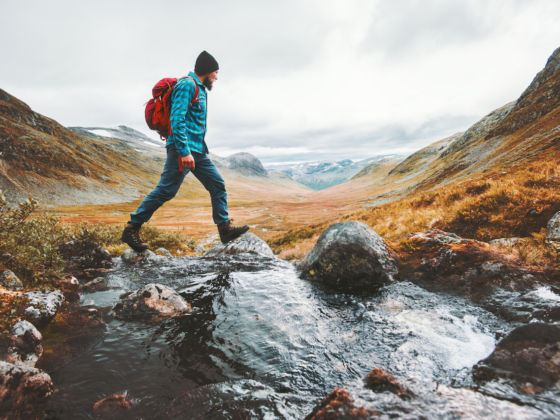“Shouganai,” Iriyama shakes his head. It can’t be helped.
Thunderheads tumble above the teahouse where we’re sitting. Around us the woods cower in pockets of shadows, a heavy calm that seems to invert silence. He wipes his bald head with a green towel around his neck. The straps on his black backpack are rubbed thin and frayed.
“I’m never satisfied staying in one place,” he says.
